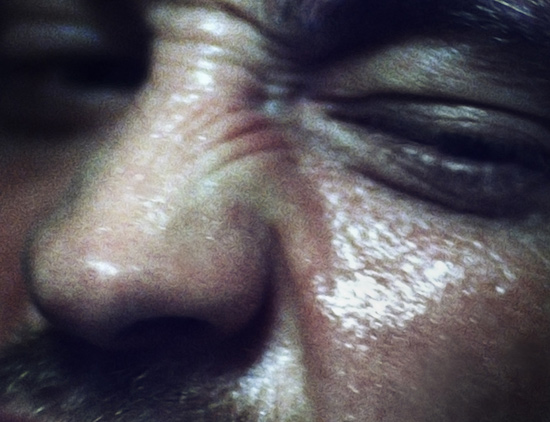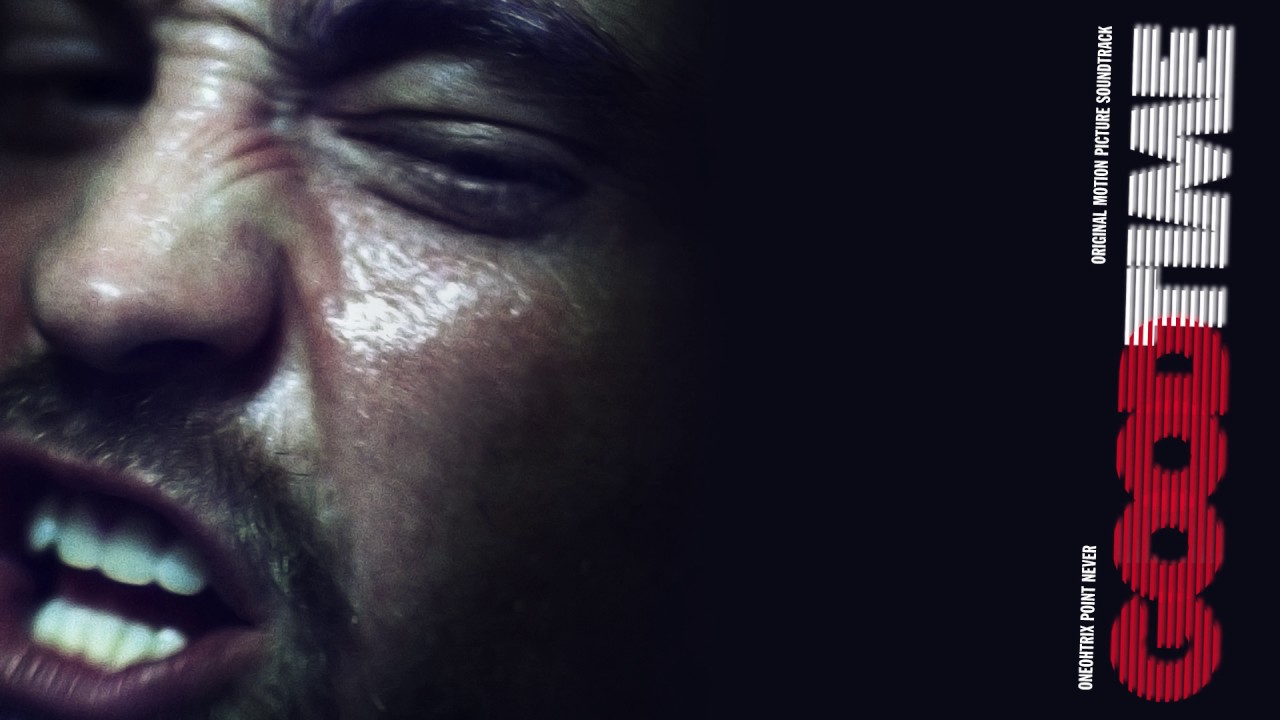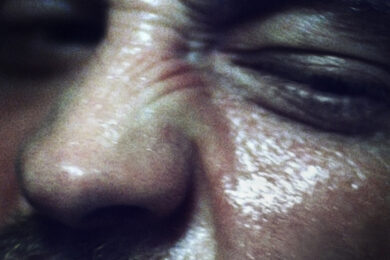Few musicians move quite like Oneohtrix Point Never. Those who listen to 0PN, otherwise known as Daniel Lopatin, are probably accustomed to his habit of taking bizarre leaps and turns into unexpected twists of mood, of rhythm and of timbre.
With his new Cannes Soundtrack Award-winning work for the Safdie brothers’ Good Time, Oneohtrix Point Never ventures into film scoring, and his penchant for the dramatic remains intact – though to anyone familiar with his discography this probably doesn’t come as a surprise.
On Good Time, Oneohtrix Point Never has constructed a narcotic dreamscape peppered with nightmarish, high-octane chase scenes. It’s chock-full of Oneohtrix Point Never staples, from distorted, monstrous vocal manipulations to robust synth loops. It’s a very focused release, in contrast to the magnificent and sprawling Garden of Delete. While GoD is meticulously constructed and stunningly over-produced with all its supporting material and hype, Good Time sees 0PN on a different tangent, creating supporting material for someone else’s work. Much of the soundtrack is expectedly 0PN in the sound design, though ‘The Pure and the Damned’ (with Iggy Pop) signals the furthest Lopatin has strayed from the rest of his output.
The perpetual, adrenalin-pumping and sweaty nature of the soundtrack becomes somewhat tiresome, perhaps because it lacks structure. Many of the tracks clock in at two to three minutes, and they feel largely underdeveloped musically. The music functions as a soundtrack, but less so on its own. Robust layers of sound do not make up for the loss of structural freedom to run in any which way, as heard on Garden of Delete or R Plus Seven, and even more ambient-veering material, such as that on Replica. Though the release is full of expertly crafted timbres and exciting moments, it doesn’t come to fully inhabit what all this material could achieve. The exciting moments drift off and become fragments that serve a functional, cinematic purpose rather than a musically meaningful one.
The release opens with ‘Good Time’, with dark and grand swathes of sound. It’s beautifully constructed, and in the latter half vividly recalls typical Hollywood action. Disorienting delays give way to a rapid-chase synthline that conjures images of cinematic tropes – think swarming helicopters, dizzying cinematography, all coloured with dark and murky lighting. A more nuanced, whining synth melody delicately features on top.
While Garden of Delete evidenced that Lopatin was capable of taking pop tropes, among a wide array of materials, and twisting them into new, unexpected forms, ‘Bail Bonds’ evidences a less thrilling, more straightforward, adoption of them. The shift into rock drums feels like a cheesy move musically and comes across as a boyish act of musical self-indulgence. Though the narcotic descent into time-warped, distorted, echoing vocals is reminiscent of some of his stunning work in GoD, ’Bail Bonds’ doesn’t come across as exciting material from 0PN.
Reverb-drenched ‘Hospital Escape / Access-A-Ride’ is saturated with the same palette as the rest of the release, though its slow, creeping synthlines don’t quite work without the visual element. ‘Romance Apocalypse’ is musically interesting but being only two minutes long, doesn’t evolve into a fully developed piece of music.
‘Acid Hits’ marks a return to Oneohtrix Point Never’s grimey grandeur, and is gripping and substantial. ‘Leaving the Park’ also offers some the most melodically and harmonically interesting material on the release, moving gradually with constantly evolving timbres.
Inevitably much of my criticisms revolve around the fact that Good Time was not written as its own album. It is texturally rich and full of beautiful motifs, but it feels slightly hollow – a series of fragments, rather than a substantial, fully fledged record to sink one’s teeth into. Still, saturated with noise, grime and adrenalin, 0PN paints a vivid cinematic portrait of restlessness and thrill.




